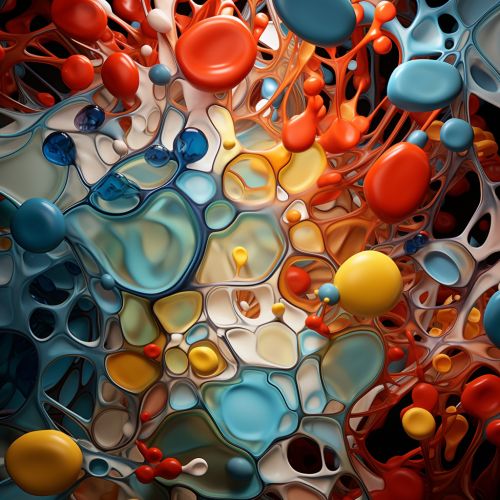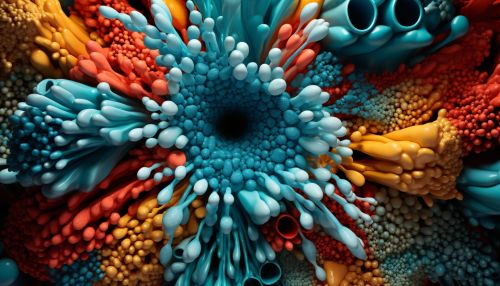The Role of Proteostasis in Cellular Function
Overview
Proteostasis, or Protein homeostasis, is a complex biological process that maintains the balance of proteins within a cell. It involves the regulation of the many pathways that control the biogenesis, folding, trafficking and degradation of proteins. The process of proteostasis is essential for cellular function and survival, as proteins are vital for almost all cellular processes, including signaling, catalysis of biochemical reactions, and structural support.


The Proteostasis Network
The proteostasis network (PN) is a dynamic system of interacting proteins and pathways that work together to maintain the balance of proteins within a cell. The PN includes the processes of protein synthesis, folding, trafficking, and degradation. Each of these processes is tightly regulated to ensure that proteins are correctly synthesized, folded into their proper three-dimensional structures, transported to their correct locations within the cell, and degraded when they are no longer needed or become damaged.
Protein Synthesis
Protein synthesis, or translation, is the process by which the genetic information encoded in messenger RNA (mRNA) is used to produce proteins. This process involves the ribosome, a large complex of RNA and protein molecules, which reads the sequence of the mRNA and assembles the corresponding amino acids into a polypeptide chain. The accuracy of this process is crucial for the function of the resulting protein, as even a single mistake in the sequence of amino acids can result in a protein with impaired or altered function.
Protein Folding
Once a protein has been synthesized, it must fold into its correct three-dimensional structure in order to function properly. This process, known as protein folding, is facilitated by a group of proteins known as chaperones. Chaperones assist in the folding process by preventing inappropriate interactions between amino acids that could lead to misfolding, and by helping to refold proteins that have become misfolded.
Protein Trafficking
After a protein has been correctly folded, it must be transported to its correct location within the cell. This process, known as protein trafficking, involves a complex network of pathways and machinery that recognize specific signals on the protein and direct it to its correct location. Some proteins remain in the cytoplasm, while others are transported to specific organelles, inserted into membranes, or secreted from the cell.
Protein Degradation
Proteins that are no longer needed, or that have become damaged or misfolded, are degraded by the cell in a process known as protein degradation. This process involves a complex machinery known as the proteasome, which recognizes and degrades proteins tagged for destruction. Protein degradation is a crucial component of proteostasis, as it allows the cell to recycle amino acids and to eliminate potentially harmful proteins.
Role in Cellular Function
Proteostasis is essential for cellular function and survival. Proteins are involved in almost all cellular processes, and their proper synthesis, folding, trafficking, and degradation is crucial for these processes to occur correctly.
Signaling
Proteins play a key role in cellular signaling, acting as receptors, enzymes, and second messengers. The correct synthesis and folding of these proteins is crucial for the accurate transmission of signals within and between cells.
Biochemical Reactions
Proteins act as enzymes, catalyzing the biochemical reactions that drive cellular processes. The correct synthesis, folding, and trafficking of these enzymes is crucial for these reactions to occur at the correct rate and location within the cell.
Structural Support
Proteins provide structural support to the cell, contributing to its shape and integrity. The correct synthesis, folding, and trafficking of these structural proteins is crucial for the maintenance of cellular structure.
Proteostasis and Disease
Disruptions in proteostasis can lead to the accumulation of misfolded or damaged proteins, which can interfere with cellular function and lead to disease. Many neurodegenerative diseases, including Alzheimer's, Parkinson's, and Huntington's, are associated with disruptions in proteostasis. In these diseases, specific proteins become misfolded and accumulate in the brain, leading to neuronal damage and death. Other diseases, such as cystic fibrosis and certain types of cancer, are also associated with disruptions in proteostasis.
